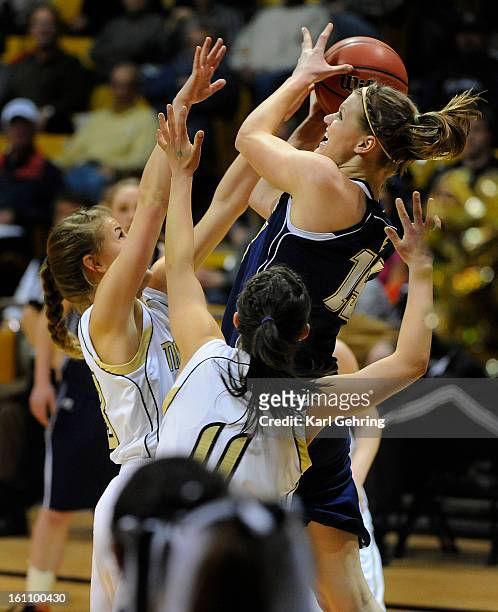Extra ... Extra ... Extra
- coachingbb4life.com

- Nov 23, 2021
- 2 min read
Updated: Oct 15, 2023
How much pre-practice and post-practice time do you have? Let's say for example sake, you have ten minutes pre-practice time and ten minutes of post-practice time. Now since the guy I coached with for well over twenty years was a math teacher, I can determine that the total pre and post practice time is 20 minutes. Now if you play twice a week on average, that gives you 3 or 4 practice dates per week. So again, my math tells me, per player you are looking at 60-80 minutes of "extra" practice time to consider using. Now this is idealistic, and is not always realistic, but my point is have you given any thought to how you might utilize some minutes before and after practice to make your players better skilled?
Sure it's going to take more effort on your part to organize who you want to work with and what skills you want to focus on, but this "extra" effort can make a significant difference.
It's also a great opportunity to spend a few minutes with some of your players in a less formal situation. If you, or whoever is doing the teaching, convey to your players that YOU are willing to invest a few extra minutes on them ... who knows what this may mean to the individuals you are working with?
This will require you to do some planning ahead. Who do you want to work with? How about the perimeter player who struggles handling the ball vs pressure, or the post player who is not a good free throw shooter, or
the guy on the bench who's minutes have diminished due to mental errors they are making on the floor? What are you going to do with those ten minutes? Remember, often less is more. You may only have time to work on
one specific skill/move. Try to be brief and use the time wisely. Don't keep the player longer than necessary. Talk while they are working on their skill. Correct while they are practicing. Use your time wisely. Don't expect
perfection nor even total cooperation from every individual. In some cases, the ten minutes might best be used as ten minutes of one on one conversation. That may even be more important to you and your player than working on a specific basketball skill
If you can, address your team before you begin this extra attention before and after practice. Make sure your players don't see it as punishment or that you are singling them out in front of their peers. Exhibit some degree of flexibility. Nothing said you can't use some 1 on 1 or even 2 on 2 work as well.








Comments